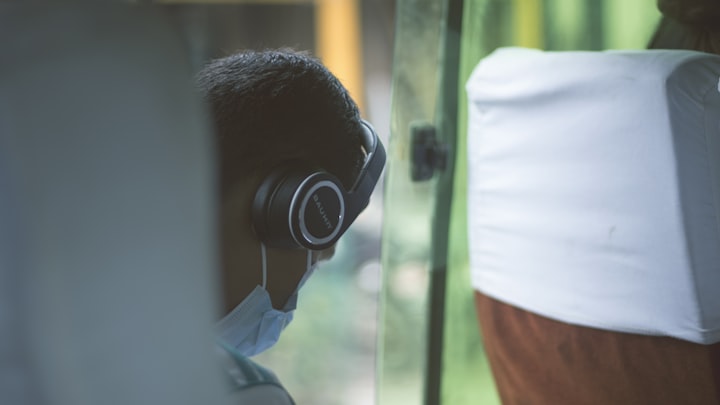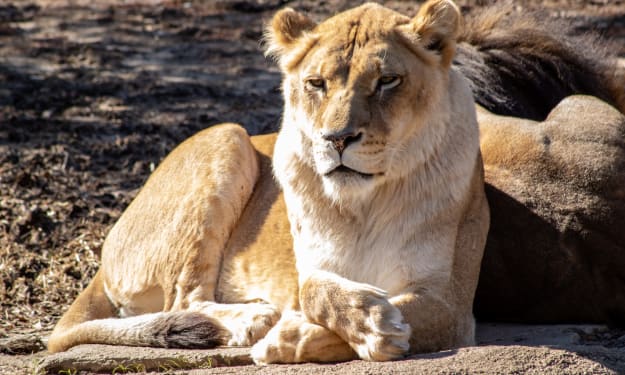Can Pets Infect Humans With 2019 Novel Coronavirus?
Can Companion Animals and Pets Infect or Become Infected with Coronavirus Disease 2019?
As fear mounts in the hearts of people due to the high frequency spread of 2019 coronavirus disease, people are increasingly asking questions related to the disease. Such questions include: what is the mortality rate of the coronavirus disease? Is there a vaccine or cure for the disease? Are there actions a person can undertake to avoid getting the disease? Can companion animals, pets or livestock infect humans with coronavirus disease 2019?
At the end of the third week of March, more than 200,000 people worldwide had been infected by the new strain of coronavirus disease. The disease has killed more than 9,000 people.
China, the first country to witness the explosion of the new breed of coronavirus, 2019 novel coronavirus (2019-nCoV) officially known as Severe Acute Respiratory Syndrome-Coronavirus-2 (SARS-COV-2), is recording low level of the viral infection. Italy and Iran are two countries that trail China in recording a high rate of the viral infection and subsequent death.
The World Health Organization (WHO) declared the disease a pandemic. The coronavirus disease has crossed to many countries - more than 100 by the end of the third week of March 2020.
A nagging question that is raised in the minds of animal owners is whether their animals can transmit the 2019 coronavirus disease. This is especially the case when you consider that a dog in Hong Kong was quarantined by Hong Kong authorities. Samples from the dog's nasal cavity and mouth tasted 'weak positive' for the virus. This is despite the dog owners testing positive for the coronavirus disease (COVID-19). The dog didn't show any sign of illness resulting from the viral infection. The health authorities were quick to assure people that this situation is not a cause of alarm of human to animal transmission.
It is a known fact that an animal or human can be infected by a virus disease but show no symptoms associated with the disease. This might be the case with the dog that exhibited some presence of the virus disease as stated by Oregon Veterinary Medical Association (OVMA). "It is important to remember that viruses can sometimes infect a species but not cause illness in that species, nor transmissible to others. Again, it is not believed that pets such as cats or dogs can pass COVID-19 to humans.
There is not much that is known about the 2019 novel coronavirus. Scientists are working around the clock to know which animal(s) acted as an intermediary that allowed the coronavirus that usually circulates in animals to jump to humans thus infecting humans. It is a rare case for coronaviruses that usually circulate in animals to infect humans. The two instances such a rare incident occurred was with Middle East Respiratory Syndrome (MERS) and Severe Acute Respiratory Syndrome (SARS).
Scientists are of the belief that bats acted as the host of the virus before infecting the unknown animal(s) that enabled the virus to infect humans. It is thought the virus jumped from a live (or dead) animal(s) at the live animal market in Wuhan, China. Past studies on MERS and SARS found out that dromedary camels and civet cats acted as intermediate hosts making it possible for the MERS-COV and SARS-COV to infect humans. The studies found out bats acted as initial hosts in both instances.
The U.S. Department of Health and Human Services, Center for Disease Control and Prevention (CDC) asserts “At this time, there is no evidence that companion animals, including pets, can spread COVID-19 or that might be a source of infection in the United States.” Additionally, CDC remarks, “CDC does not have evidence to suggest that imported animals or animal products pose a risk for spreading COVID-19 in the United States.
In the United States, there is no evidence to suggest that any animals, including pets, livestock, or wildlife, might be a source of COVID-19 infection at this time. However, because all animals can carry germs that can make people sick, it's always a good idea to practice healthy habits around pets and other animals.

How to Ensure Health Safety for Your Animal
There are several factors animal owners can undertake, especially pet owners, to prevent their animals from getting the coronavirus disease.
The owners should ensure their animals don't come into contact with other animals or people. If no one in the household is infected with COVID-19, it is unlikely for the animals to become infected.
If you are infected with the coronavirus disease, it is best to limit or restrict your contact with your animal. You can ask your other family members or another person to care for your animal(s) to avoid infecting the animal. If it is not possible, you are advised to wash your hands before and after you interact with the animals. Also, you should wear a facemask to reduce the chance of your animal becoming infected.
Is it advisable to put on a face mask on your pet when in public? According to Oregon Veterinary Medical Association, the masks won't be effective “in preventing diseases transmitted by bodily fluid droplets." The organization recommends vaccinating your pet. "To protect your pet from respiratory diseases, vaccinate your pet for Bordetella, parainfluenza and canine influenza, which are the most common vaccine-preventable respiratory diseases in pets.”
Lastly, CDC emphasizes, “Although there have been no reports of pets or other animals becoming sick with COVID-19, it is still recommended that people sick with COVID-19 limit contact with animals until more information is known about the virus. This can help ensure both you and your animals stay healthy.”






Comments
There are no comments for this story
Be the first to respond and start the conversation.